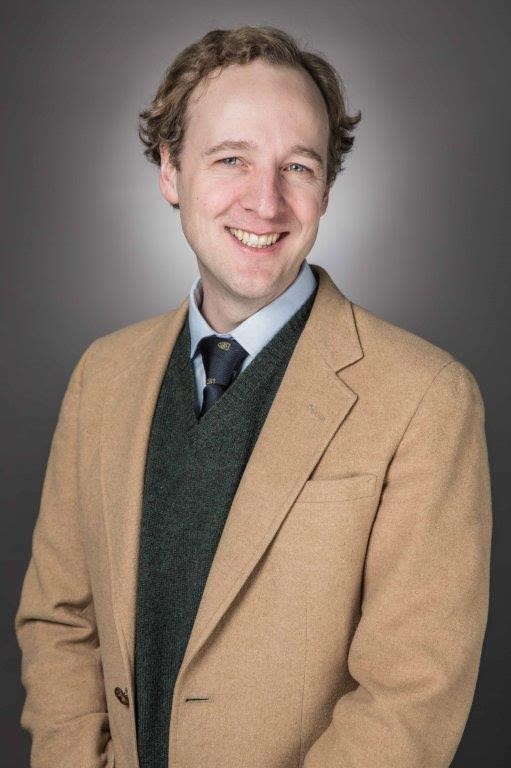Many of the most relevant observables of matter depend explicitly on atomistic and electronic details, rendering a first principles approach to computational materials design mandatory. Alas, even when using high-performance computers, brute force high-throughput screening of material candidates is beyond any capacity for all but the simplest systems and properties due to the combinatorial nature of compound space, i.e. all the possible combinations of compositional and structural degrees of freedom. Consequently, efficient exploration algorithms exploit implicit redundancies and correlations. I will discuss recently developed statistical learning and perturbation based approaches for interpolating quantum mechanical observables throughout compound space. Numerical results indicate promising performance in terms of efficiency, accuracy, scalability and transferability.
Biography: Anatole von Lilienfeld develops methods for first principles based investigations of compound space using quantum mechanics, super computers, Big Data, machine learning, and statistical mechanics. He is also interested in pseudopotentials, van der Waals forces, density functional theory, and nuclear quantum effects. As of February 2019, Anatole has been Associate Professor of Physical Chemistry at the University of Basel, after returning from Free University of Brussels (Associate Professor from Jan – May 2016) as a Tenure Track Assistant Professor in June 2016. Prior to Brussels, Anatole was a Swiss National Science Foundation Assistant Professor in the Institute of Physical Chemistry at the University of Basel from 2013-2015. Before that he was member of scientific staff at the Argonne National Laboratory’s Leadership Computing Facility in Illinois which hosts one of the world’s largest supercomputers accessible to open science and research. In spring 2011, he chaired the 3 months program, “Navigating Chemical Compound Space for Materials and Bio Design”, at the Institute for Pure and Applied Mathematics, UCLA, California. From 2007 to 2010 he was a Distinguished Harry S. Truman Fellow at Sandia National Laboratories, New Mexico. Anatole carried out postdoctoral research at the Max-Planck Institute for Polymer Research (2007) and at New York University (2006). He received a PhD in computational chemistry from EPF Lausanne in 2005 working on atom-centered corrections to density functional theory approximations. He performed his diploma thesis work at ETH Zurich and the University of Cambridge (UK) studying vibrational spectra with density functional theory.
Apart from the Swiss National Science Foundation professorship grant and the Harry S. Truman Fellowship grant, Anatole is the recipient of the Feynman Prize for Theory (2018, USA), an ERC Consolidator Grant (2017, EU), an Odysseus Grant (2016, Belgium), and the Thomas-Kuhn paradigm shift award (2013, USA). Anatole has been serving as the Editor in Chief of the new IOP journal “Machine Learning: Science and Technology”, as an Associate Editor for the AAAS journal”Science Advances” (since 2019), and as an editorial board member for the Nature journal “Scientific Data” (2014-2019).
